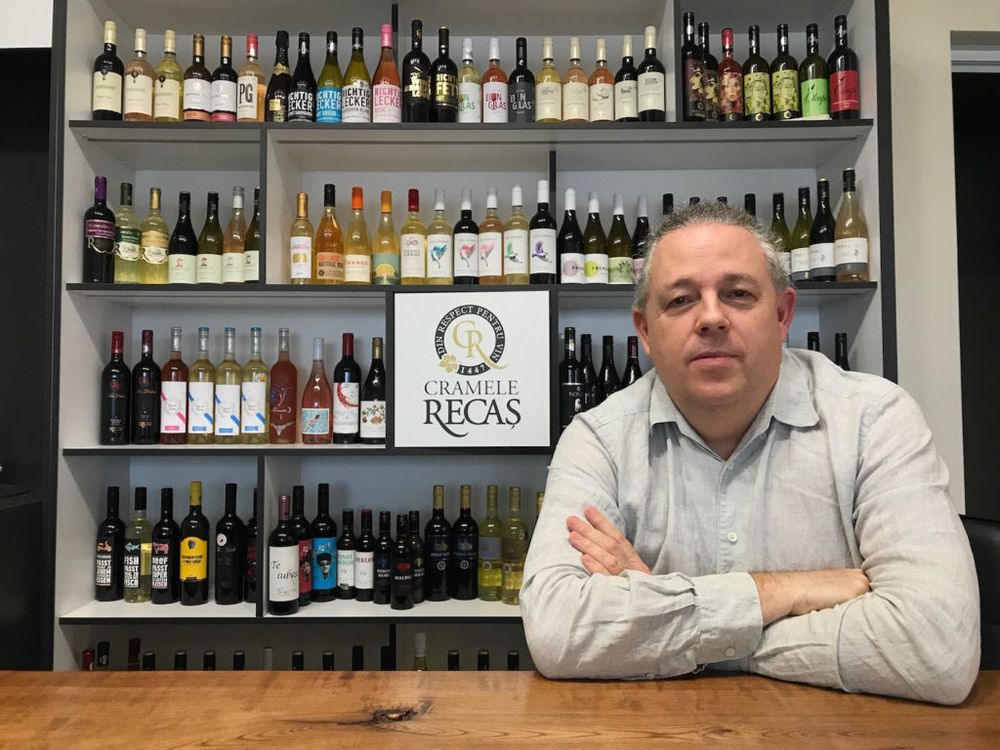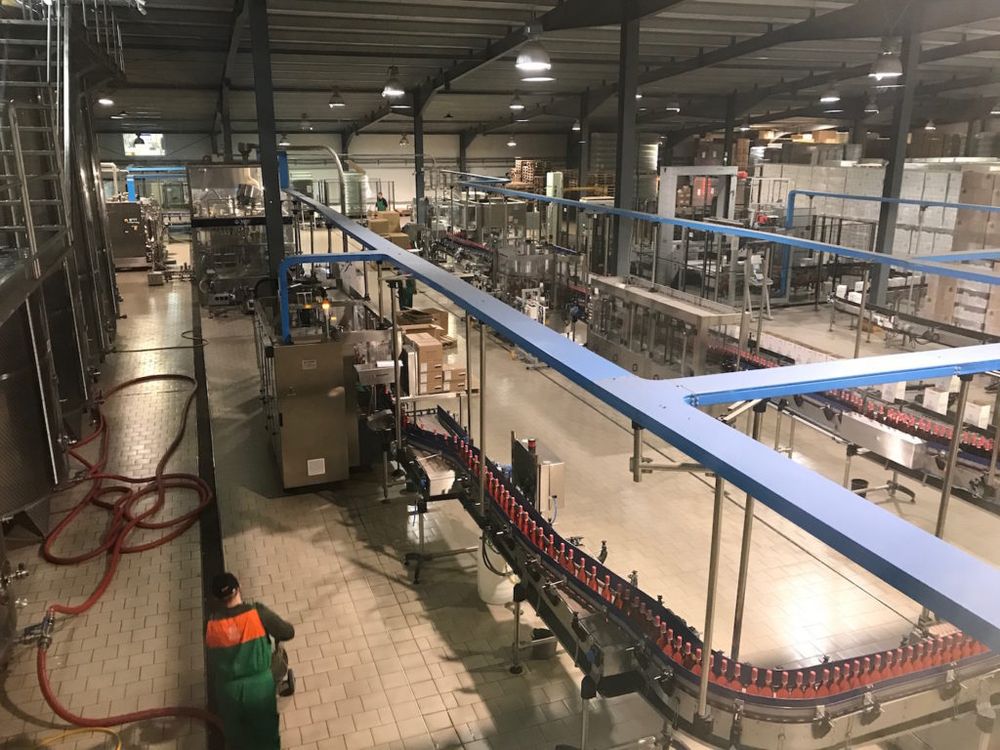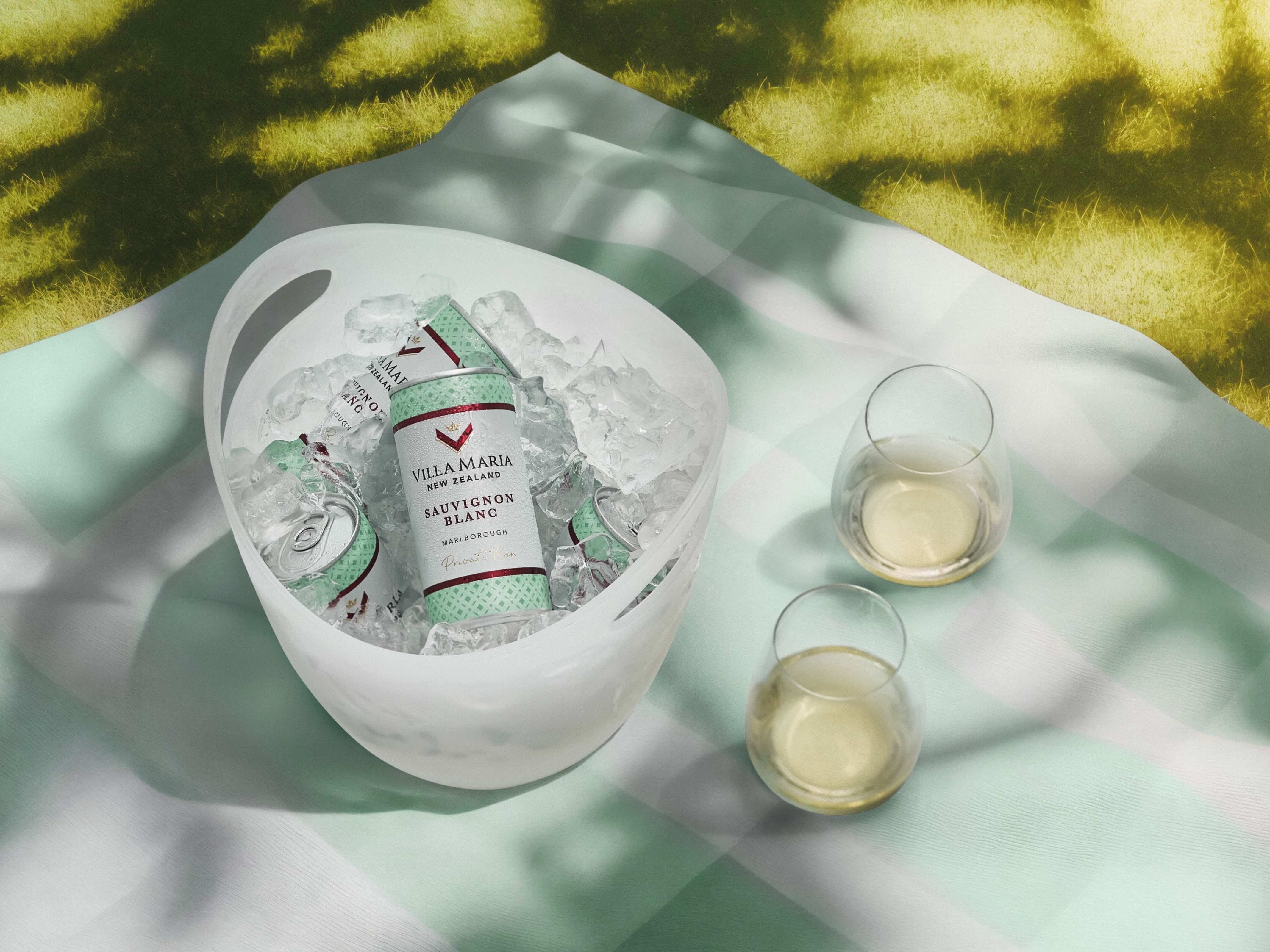“Below are the practical implications of Brexit on the wine trade from the point of view of a large supplier to the UK market,” writes Cox.
Whatever opinion you have on Brexit most people I am sure are completely fed up with hearing about it. Unfortunately for business the real discussion is only just beginning now, and it’s up to all sides in the wine trade to fight to try to obtain a version of Brexit which causes as little damage as possible, as there is clearly no upside for our industry.
As someone that owns and runs a (now) large winery supplying the UK market for over 25 years, both from outside the EU and within the EU, it strikes me that most EU wine producers selling to the UK and most UK importers and traders do not realise what the practical aspects of UK leaving the EU really entail.
So below is a potentially incomplete list of things that look likely to happen, based on current government policy (not easy to decode), and brief details of how that affects the wine trade.
So, when the transition period is up – officially at the end of this year – what will change? It might differ from one country to another but this is what it means for our company in Romania selling to the UK.

Philip Cox, head of Romanian wine producer Cramele Recas, which produces 60 wines from 21 grape varieties across 250 different labels
Customs declarations
From the end of the transition period, EU suppliers will no longer use the web-based EMCS system for wine shipments to the UK, and will have to go to their local customs office and complete a full export declaration which they then need to send to the UK importer/customs agent before the goods arrive. This is slower and more expensive. In our case the customs only accept declarations before 12.00 am, and each truck/container has to physically go to customs (25 km) to be checked and sealed before leaving which is not the case now. Same in the UK – trucks will need to be physically checked and undergo much more complicated customs procedures.
VAT
This will need to be paid in full at the port of entry to the UK before trucks can be released which is a cash flow pain.
Labelling
Wines will have to be labelled with the full address of the UK importer, no matter the quantity purchased, which is not the case on wines shipped within the EU. So, for example, if I have one brand of wine sold to four UK distributors right now I will need to bottle four different versions of it, each with a different back label featuring each company address. This is very bad for people shipping fine wines and small quantities of any wine.
Preferential origin certificates
Now we are on to the really nasty stuff. On the assumption that the UK negotiates a Free Trade deal with the EU every imported wine will need to have a certificate of preferential option. What is that? Well it’s a lot of work I can tell you. It means a supplier needs to get proof for each and every ingredient of the wine as to the country of origin, and only EU origin will qualify for getting tariff-free trade.
Doesn’t sound that bad? It took me the work of two people for two months to do one of these recently for a shipment to Korea that has a similar agreement with the EU. It turns out that a wine has about 20 ingredients and sub-ingredients: labels (glue, paper, ink, varnish, hotfoil), cartons (paper, ink, glue), screwcaps (aluminum, ink, PVC liner, hotfoil), bottles (sand, soda etc), grapes, enzymes, yeast, bentonite, SO2 etc, etc.
So, a big heap of paperwork that needs to be gathered and then checked by local customs. For each type of wine, every year, and in some countries, it is also done specifically for each customer. Even in countries with cheap labour this costs around €500 to do for each wine.

State of the art bottling line at Cramele Recas. 70% of the company’s exports used to go to the UK, but after the Brexit Referendum the company completely re-drew its business strategy
VI1 documents
This is the most damaging, difficult and expensive of the lot.
Current government policy is to roll EU law into UK law and that includes VI1 documents, which are currently used in the EU only – for wines imported from outside the EU. DEFRA policy is they want to use this document for all wines imported from the EU after the transition period.
What is a VI1 document? Well those who import from outside the EU wll already know it’s a document with two parts: an analysis which has to be done by an official lab, and a food safety verification which needs to be done by a government inspector and signed off.
For every batch of every wine, on every delivery to the UK forever. So in my case it means sending samples off to the only official lab in our country (500 km from here) by courier (€20), paying €25 euro per analysis of each batch/wine (bottling on different days warrants separate documents), waiting two weeks for it to come back, then taking it to an inspector 75 km from here to get it stamped, plus paying somebody to administer the whole thing and make sure all the paperwork is planned/checked in due time for each delivery.
Why is it a problem? Well it depends on what kind of business you have. If you are sending full trucks of one wine to a large supermarket, it’s not a huge problem, requiring maybe one or two VI1 forms, but it does mean last minute panic deliveries will not be possible.
But for small imports of multiple products in small quantities it is an existential threat, for example a shipment of two pallets of 20 different wines, with maybe two-to-three batch/lot codes of each wine could end up easily having 25-30 VI1 documents at €45 euro a pop plus administration costs.
And, if you are not buying your wine from the producer directly, it gets even more complicated as only producers can issue this document so this will be very bad for fine wine traders.
All these things together mean a lot more administration, costs and time wasted for my type of business and will probably add around three-to-five cents per bottle, which is significant on wines that sell for under £6. For smaller producers and importers, it will be much worse and effectively means small shipments of mixed wines will become very near impossible – particularly for reasonably-priced wines.
Does this need to happen? NO! well hopefully not all of it. I doubt we will be able to escape the customs declarations and labelling requirements, but origin certification can be simplified.
It is the VI1 certificates which are something the whole trade should fight against – both EU producers and UK traders.
Quite apart from the costs and time wasted, EU producers and authorities have never issued VI1 documents within the EU and there is not enough infrastructure (labs, inspectors) to do so, certainly not by January 1, 2021. VI1 documents are, in my opinion, a protectionist measure to make life more difficult for non-EU suppliers of wine in a continent which has too much wine, they offer no real quality or food safety role, it’s just a bit of paperwork.
Protectionism on wine is not needed in the UK where the local wine industry is unable to supply the quantity and range of wines the market consumes, and hundreds of thousands of people work in the wine trade.
Literally no other countries in the world use such a document for importing wine – not America, Canada, Japan, Russia, Australia, South Africa and so on. Both EU producers and UK traders should all fight to eliminate VI1 both for EU and non-EU wines imported to the UK. And it will be a real fight as both the UK and EU authorities have a lot on their plate now, and not much time, and this kind of issue is in every industry, all of which will be fighting their own corner in the negotiations.
So, get out and do something! Support Miles Beale and the WSTA, or your local wine producers organisations to lobby against this.
For the most up-to-date guidance from the government on importing and exporting wine from January 1, 2021 see here.









































